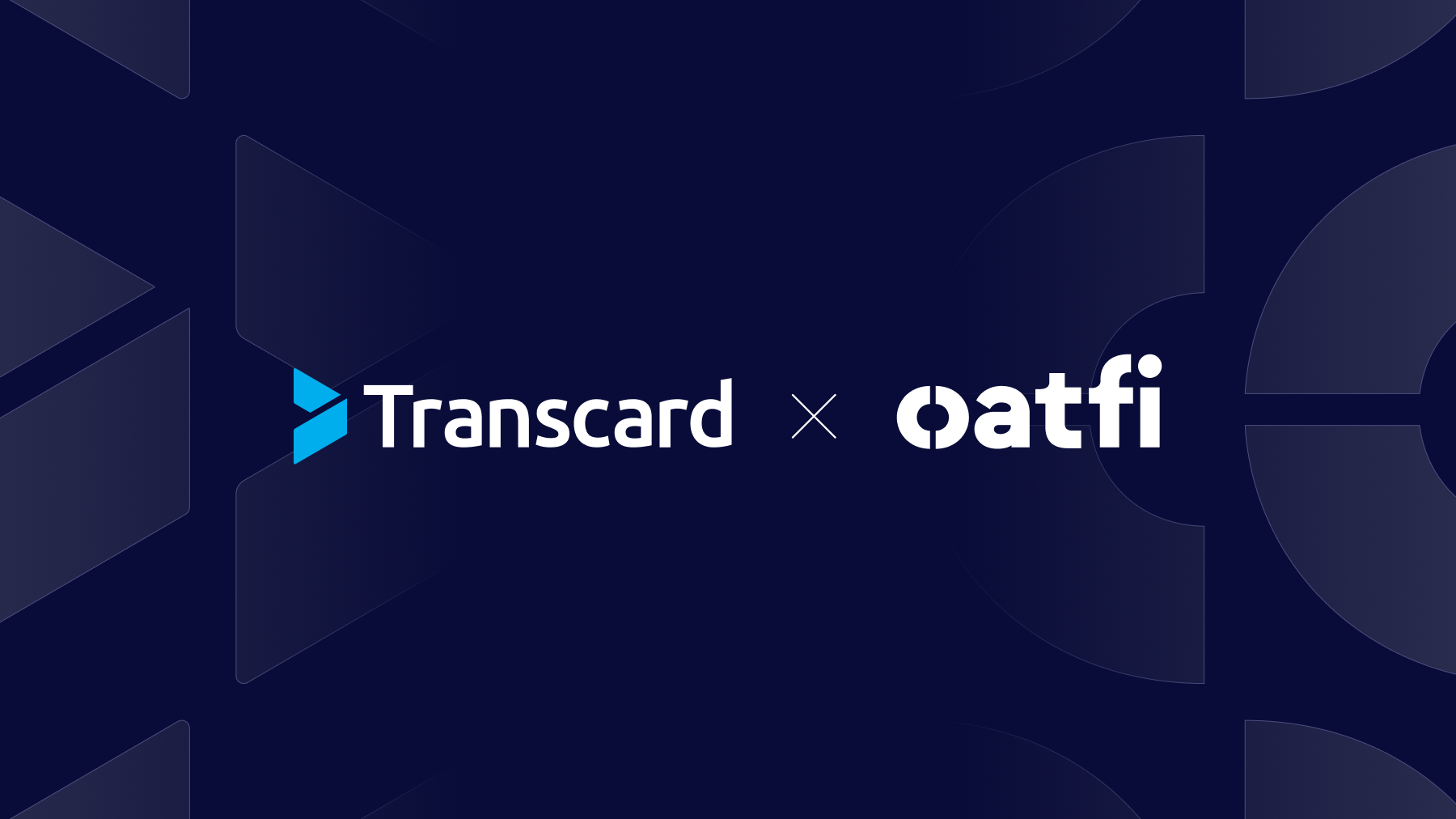Imagine if claim payouts could be made effortlessly, within moments of being initiated.
And what if those payments were reconciled in real-time, without anyone having to touch them?
Money would get into the hands of those who need it faster.
Insurers could streamline their back-office operations.
The process would be more secure and compliant.
That vision isn’t as far-fetched as it might seem.
The combination of digital document workflows, e-signatures, and instant payment capabilities is making it possible for insurers to send money to claimants in near real-time, domestically and cross-border – with less hassle and at a third of the cost of paper-based processes and printed checks.
Today, the process of approving claims and making payments is long, costly, and complex. The root of the problem is the outdated, paper-based processes that insurers of all sizes use to approve and pay claims for policies covering life, property and casualty, travel, and worker’s compensation.
For starters, it can take an insurer seven to 10 days to process a single check for desperately needed financial relief. Claimants won’t tolerate those slow cycle times in today’s on-demand environment.
There’s a lot of money at stake for insurers to get their claims process right.
 Consumers spend nearly $2.4 trillion on insurance premiums worldwide, with global travel insurance premiums projected to nearly double from $19.24 billion to $37 billion by 2027. In the highly competitive insurance space, fast claim approvals and payouts can make or break an insurer.
Consumers spend nearly $2.4 trillion on insurance premiums worldwide, with global travel insurance premiums projected to nearly double from $19.24 billion to $37 billion by 2027. In the highly competitive insurance space, fast claim approvals and payouts can make or break an insurer.
Delays in paying out claims can send otherwise happy policyholders for the door. Claimants want to receive funds fast, in their preferred method, wherever they are. And they want to see where things stand in the process 24/7/365.
Insurers can no longer afford slow and costly paper processes.
How to Automate Claims Management
Insurers need seamless and secure paperless workflows built for today’s digitally savvy customers.
Emerging technologies are making it easier for insurers to achieve that goal.
A new breed of solutions is digitizing the claims approval and payout process end-to-end by bringing together secure online forms, identity verification, automated document routing for approvals, e-signatures, and near real-time payments – all integrated with an insurer’s legacy core systems.
An integrated platform turns the claims management and payout process on its head:
- Once a claim is approved, the claimant receives the payout documentation electronically.
- The solution verifies the identity of all parties.
- The parties electronically sign any required documents.
- The claimant receives payment instructions and selects how they want to get paid.
- Funds are transferred to the claimant.
- The claimant has instant access to their money.
By digitizing workflows and speeding payments with an integrated platform, claimants can receive the funds they need quickly, simply, and securely into the financial accounts of their choice.
How HEMIC Benefits from Automation
The Hawaii Employers’ Mutual Insurance Company (HEMIC), Hawaii’s largest provider of workers’ compensation insurance, is using this approach to digitize its claims processes.
Today, HEMIC’s claimants upload their documents, and each claim goes through a fast, secure and compliant digital workflow. Claims are digitally approved or flagged for additional information. Claimants are instantly notified of approved claims and select their preferred method for payment.
Automation is reducing the time and resources required in processing HEMIC’s claims. HEMIC expects to reduce the cost of making workers’ compensation payments by over 50%. Automation also gets money into the hands of claimants faster, which is critical during these times.
This approach also provides a foundation for additional payout/disbursement solutions.
Any business that must process complex medical reimbursement documents, financial aid applications, and government assistance forms are still struggling through outdated, paper-based processes that are costly, lack transparency, too time-consuming and don’t have the high levels of security required for peace of mind. Digital workflows and payments can transform these processes.
Transform the way your organization manages documents and makes payments.




